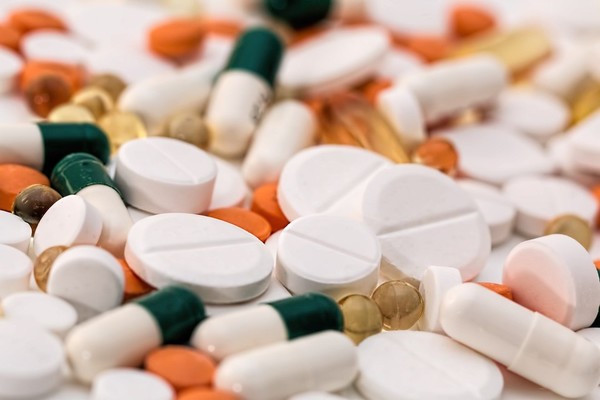The number of new health startups increased two-fold in the past seven years in Korea, government data showed.
The Ministry of Health and Welfare and the Korea Health Industry Development Institute (KHIDI) released the survey results on new health industry businesses.

The government has been surveying since 2018 to identify the characteristics of the growth cycles of startups in the health industry.
This time, the survey was on 803 companies at the end of 2019.
1,694 health startups opened in 2019
In 2019, people launched 1,694 businesses in health. Among them, 34.5 percent accounted for medical devices, 12.5 percent for R&D, and 7.5 percent, for pharmaceuticals.
The nation recorded 9,885 new health startups between 2013 and 2019. The number of newly established health companies doubled from 885 in 2013 to 1,694 in 2019.
The number of health companies that either closed or suspended operations recorded 1,648 between 2013 and 2018. Among them, 13.6 percent were in pharmaceuticals, 12.2 percent in cosmetics, 8.6 percent in medical devices, and 6 percent in R&D.
Medical device industry created 3,239 jobs in 2019
In 2019, new health startups created 9,135 jobs, and 35.5 percent of them belong to the medical device industry, 20.1 percent in R&D, and 8.1 percent in pharmaceutical products.
Among the newly recruited, 39.3 percent or 3,589 employees were involved in R&D, followed by 37.9 percent in office jobs, 9.2 percent in sales, and 9 percent in manufacturing.
Among all newly established startups in 2019, the manufacturing sector hired 3.9 people per company on average, and the services sector 2.5 people.
A pharmaceutical startup needs ₩542 mil. to start a business
The survey found that a new business needed 300 million won to operate on average and 1.01 billion won funding in the past seven years.
The pharmaceutical sector required the largest funds for a startup, with an average of 542 million won. A health R&D startup needed 317 million won on average, and a medical device startup 267 million won.
About 68 percent of health startups used their capital, and 12.1 percent borrowed from private finance. Another 10 percent received government support, and 7 percent borrowed from individuals.
The average sales of health startups went up from 327 million won in the first year of business to 2.15 billion won in the seventh year, on average, the survey showed. This means that health startups could gradually overcome difficulties at the initial business stage, enter a growth cycle, and increase sales.
Lee Hyung-hoon, director-general of the Health Industry Policy at the Ministry of Health and Welfare, said sustainable growth in the health industry is possible only when startups thrive on innovative technologies and ideas.
He emphasized the need for the health startup ecosystem, saying an industry with inactive startups would lose growth power.

